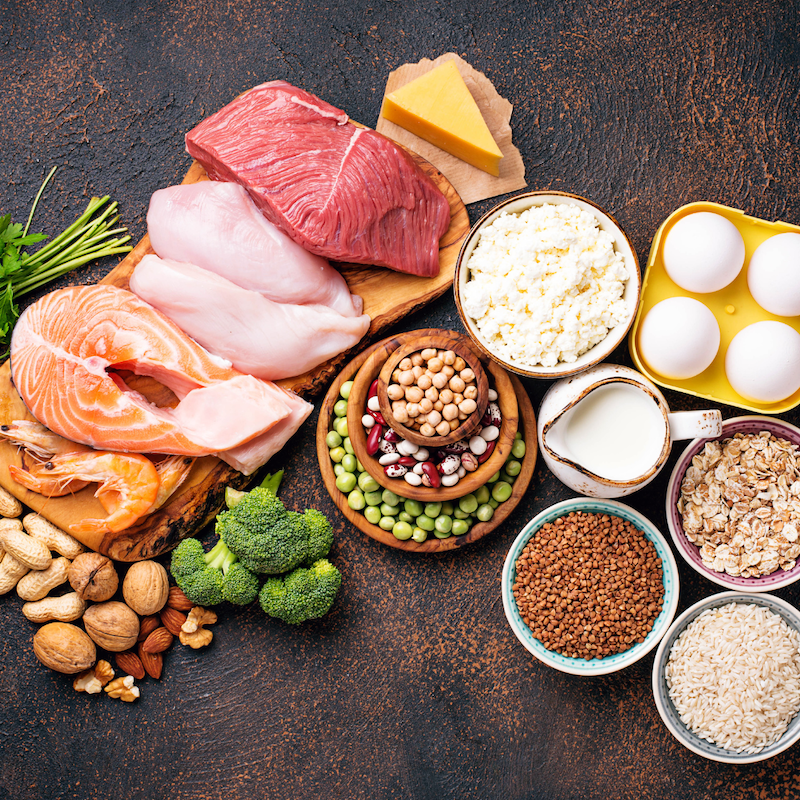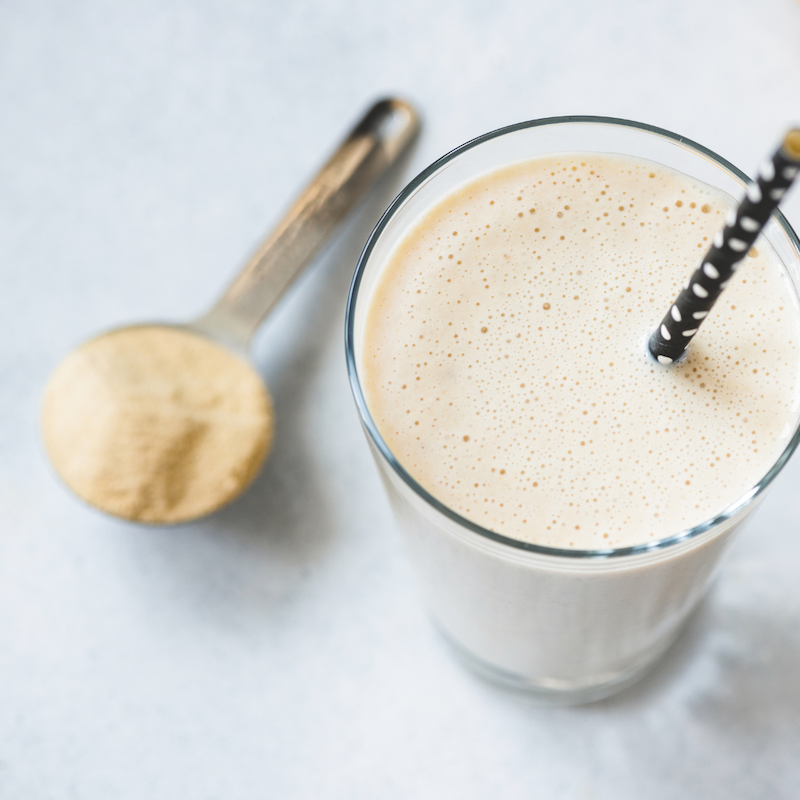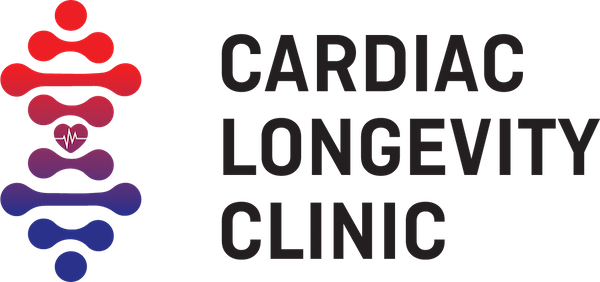By Dr. Behn. Banihashemi MD FRCPC FACC
The role of protein in athletic performance and muscle development has been a subject of extensive research in sports nutrition. Current evidence suggests that optimal protein intake can significantly influence muscle protein synthesis (MPS), recovery, and overall athletic performance. This comprehensive review examines the latest scientific findings regarding protein requirements, timing, and sources for athletes and active individuals.

Daily Protein Requirements
Research indicates that athletes and individuals engaged in regular resistance training require significantly more protein than the general population. While the Recommended Dietary Allowance (RDA) for protein is 0.8g/kg/day, athletes need between 1.6-2.2 g/kg/day to optimize muscle growth and recovery [1]. For a 75 kg athlete, this translates to approximately 120-165 g of protein daily. Higher intakes may be beneficial during periods of caloric restriction to preserve lean body mass [2].
Essential Amino Acids
Proteins are composed of amino acids, with nine classified as essential amino acids (EAAs) that must be obtained through diet. These essential amino acids include:
- Leucine
- Isoleucine
- Valine
- Histidine
- Lysine
- Methionine
- Phenylalanine
- Threonine
- Tryptophan
Branched-Chain Amino Acids (BCAAs)
Among these, the branched-chain amino acids (leucine, isoleucine, and valine) have received significant attention in research. A landmark study [5] demonstrated that leucine is particularly potent in stimulating muscle protein synthesis, with optimal effects seen at doses of 2.5-3 g per meal.
To achieve this leucine target in real-world meals, consider these practical examples:
- A post-workout meal with 6 oz (170 g) of grilled chicken breast with a cup of quinoa (approximately 3 g leucine)
- A breakfast combining 1 cup of Greek yogurt with 1 scoop of whey protein (approximately 2.8 g leucine)
- A lunch featuring 5 oz (140 g) of tuna with 2 slices of whole grain bread (approximately 2.5 g leucine)
- For plant-based options, combine 1 cup of lentils with 1 cup of brown rice and 1/4 cup of pumpkin seeds (approximately 2.6 g leucine)


Protein Sources and Bioavailability
When it comes to protein quality, not all sources are created equal. Scientists use two main scoring systems – the protein digestibility-corrected amino acid score (PDCAAS) and the more recent digestible indispensable amino acid score (DIAAS) – to evaluate how well our bodies can use different protein sources [6].
Animal proteins typically lead the pack in terms of digestibility and amino acid content. Whey protein, for instance, scores exceptionally well with a DIAAS above 1.0, making it a popular choice among athletes and fitness enthusiasts. Eggs, often called the gold standard of protein, and high-quality cuts of meat like beef and chicken also score near the top of the scale.
Plant proteins, while valuable, often present a different story. Soy stands out as one of the most complete plant proteins, with a score comparable to many animal sources. However, other plant options like pea and rice proteins typically score lower when used alone. The good news? Combining complementary plant proteins can significantly improve their overall protein quality. For example, pairing rice protein (low in lysine but high in methionine) with pea protein (high in lysine but low in methionine) creates a more complete amino acid profile [6].
This understanding has practical implications for your protein choices. If you’re consuming animal proteins, single sources can effectively meet your needs. However, if you follow a plant-based diet, variety becomes key – think rice and beans, hummus and whole grain pita, or a smoothie combining rice and pea protein powders.
Whey Protein Supplementation
Whey protein has consistently demonstrated superior effects on muscle protein synthesis compared to other protein sources. Its rapid digestion and high leucine content make it particularly effective post-exercise. Studies suggest that 20-25 g of whey protein maximizes the muscle protein synthetic response in young adults, while older adults may benefit from higher doses of 30-40 g [3].
Plant-Based Alternatives
For vegetarian and vegan athletes, combining different plant protein sources can achieve a complete amino acid profile. Recommended combinations include:
- Legumes with grains
- Seeds with legumes
- Multiple plant protein isolates (pea, rice, hemp)


Timing and Distribution
Research suggests that spreading protein intake evenly throughout the day is more effective than consuming the majority in a single meal. The recommended approach is:
- 4-5 meals containing 20-40 g protein each
- Pre-sleep protein intake of 30-40 g (Avoid an hour before sleep)
- Post-exercise protein intake within 2 hours [4]
Practical Recommendations
- Consume 1.6-2.2 g/kg/day of protein
- Ensure each meal contains 20-40 g of high-quality protein
- Include a pre-sleep protein feeding
- Consider protein supplementation when whole food sources are impractical
References
[1] Phillips, S. M., & Van Loon, L. J. (2011). Journal of Sports Sciences.
[2] Helms, E. R., et al. (2014). International Journal of Sport Nutrition.
[3] Witard, O. C., et al. (2014). American Journal of Clinical Nutrition.
[4] Kerksick, C. M., et al. (2017). Journal of the International Society of Sports Nutrition.
[5] Norton, L. E., & Wilson, G. J. (2009). Current Opinion in Clinical Nutrition.
[6] Wolfe, R. R., et al. (2017). Advances in Nutrition.
FAQ: Protein and Athletic Performance
How much protein do I need daily as an athlete?
Athletes generally require 1.6-2.2 g of protein per kilogram of body weight per day. For example, a 75 kg athlete would need approximately 120-165g of protein daily.
What are the best sources of protein for muscle growth?
High-quality protein sources like whey protein, eggs, chicken, beef, fish, and soy are excellent for muscle growth. For plant-based diets, combining complementary proteins such as rice and beans or pea and rice protein powders can provide a complete amino acid profile.
What are essential amino acids, and why are they important?
Essential amino acids (EAAs) are nine amino acids that the body cannot produce on its own and must be obtained through the diet. They are crucial for muscle repair, growth, and overall protein synthesis. Leucine, in particular, plays a key role in stimulating muscle protein synthesis.
How much leucine do I need per meal to optimize muscle protein synthesis?
Research suggests consuming 2.5-3 g of leucine per meal for optimal muscle protein synthesis. For example, 6 oz of grilled chicken or a combination of Greek yogurt and whey protein can meet this leucine requirement.
Is whey protein better than plant-based protein?
Whey protein is considered superior due to its high digestibility, rapid absorption, and leucine content. However, plant-based proteins can be effective when combined to create a complete amino acid profile, such as pairing rice and pea protein.
When should I consume protein for the best results?
For optimal results: Spread protein intake evenly across 4-5 meals per day, each containing 20-40 g of protein.
Include protein within 2 hours after exercise.
Consume 30-40 g of protein before bed to support overnight recovery.
Can I rely solely on plant-based protein as an athlete?
Yes, but it requires careful planning. Combine complementary plant proteins (e.g., legumes with grains) to ensure a complete amino acid profile. Plant protein isolates, such as pea and rice, are also excellent options.
How do I determine the quality of a protein source?
Protein quality is assessed using scores like PDCAAS (Protein Digestibility-Corrected Amino Acid Score) or DIAAS (Digestible Indispensable Amino Acid Score). Animal proteins like whey, eggs, and meat generally score higher, while plant proteins may need to be combined for improved quality.
Does timing matter for protein intake?
Yes, timing is important. Distributing protein intake throughout the day and consuming it post-exercise and before sleep enhances muscle protein synthesis and recovery.
Can I consume too much protein?
Excessive protein intake is generally unnecessary and may strain the kidneys in individuals with preexisting kidney conditions. Stick to the recommended range of 1.6-2.2 g/kg/day unless advised otherwise by a healthcare professional.
What’s the role of pre-sleep protein?
Consuming 30-40 g of slow-digesting protein, such as casein, before bed promotes overnight muscle recovery and growth by providing a steady supply of amino acids.
This blog post has been fact checked by a medical professional.

